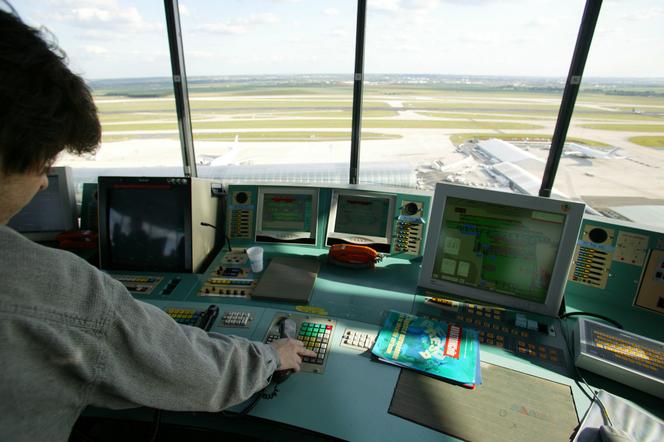


This time, it won't be to increase their pay but to preserve their work organization that several air traffic controller unions have filed a strike notice for Monday, November 20. As usual, the French civil aviation authority (DGAC) has instructed airlines to slash their flight schedules by 25% at Orly and Toulouse-Blagnac airports but only by 20% at the provincial hubs of Bordeaux-Mérignac and Marseille-Provence.
These unions, who do not represent the majority, are calling on air traffic controllers to go on strike, after the French parliament passed a bill on Wednesday, November 15, requiring air traffic controllers to declare they would be going on strike at least 48 hours before the start of a labor dispute. Prior to the Assemblée Nationale, the Sénat had already voted in June in favor of a proposal by Senator Vincent Capo-Canellas (Union Centriste, centrist party) to put air traffic controllers on the same footing as other air transport employees. Under the 2012 Diard law, each of these workers must individually declare their intention to strike 48 hours before the start time.
The proposed law is the result of exasperation on the part of users and businesses, which has been taken up by members of parliament. The November 20 strike will be the 53rd day of strikes by air traffic controllers since the start of the year. In Europe, France is the overwhelming champion in this sector with its air traffic controllers having spent 249 days on strike since 2005. This is a record compared to the 44 days of strike action by air traffic controllers in Greece, or the 34 days in Italy over the same period. It is also out of all proportion to other European countries, which have experienced fewer than 10 strike days in 18 years.
For the air traffic controllers' detractors, in addition to the repeated conflicts, it's the motives behind these movements that don't sit well. For example, at the instigation of the union CGT, air traffic controllers were called out on strike during the movement against pension reform. However, the special regime for air traffic controllers was not under threat and they can retire from the age of 54, compared with 64 for the vast majority of employees.
In recent years, French and European airlines have regularly protested against the increasing number of strike days. Although they were poorly supported, the DGAC was forced each time to ask airlines to reduce the number of flights, a costly procedure for Air France and its counterparts.
You have 45% of this article left to read. The rest is for subscribers only.
